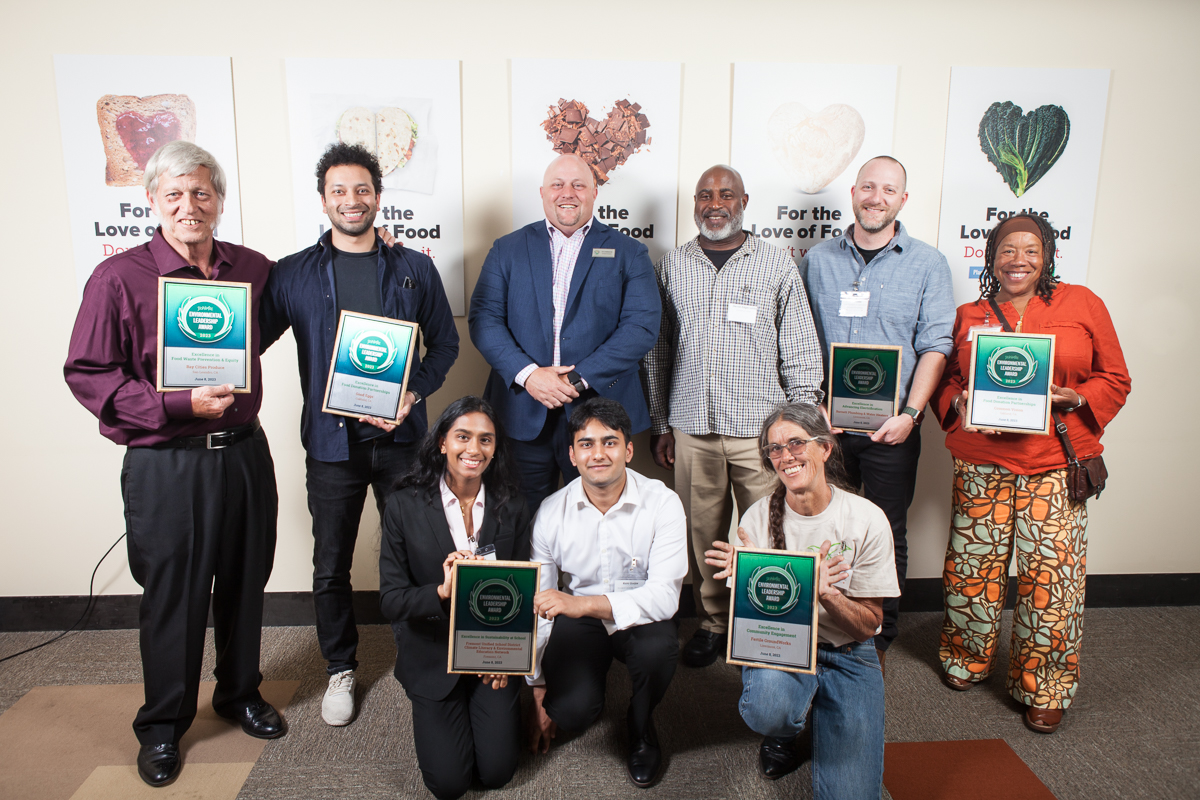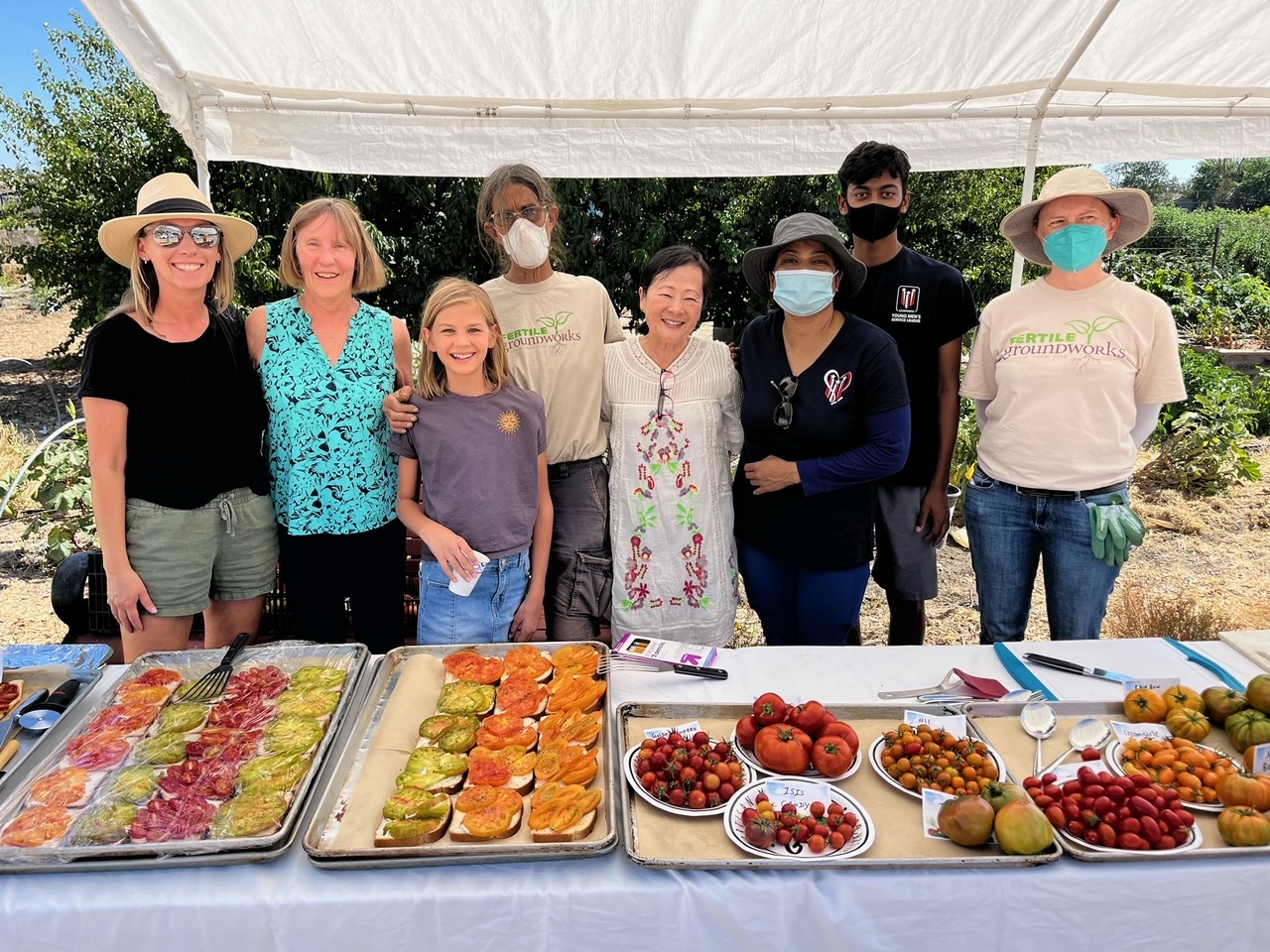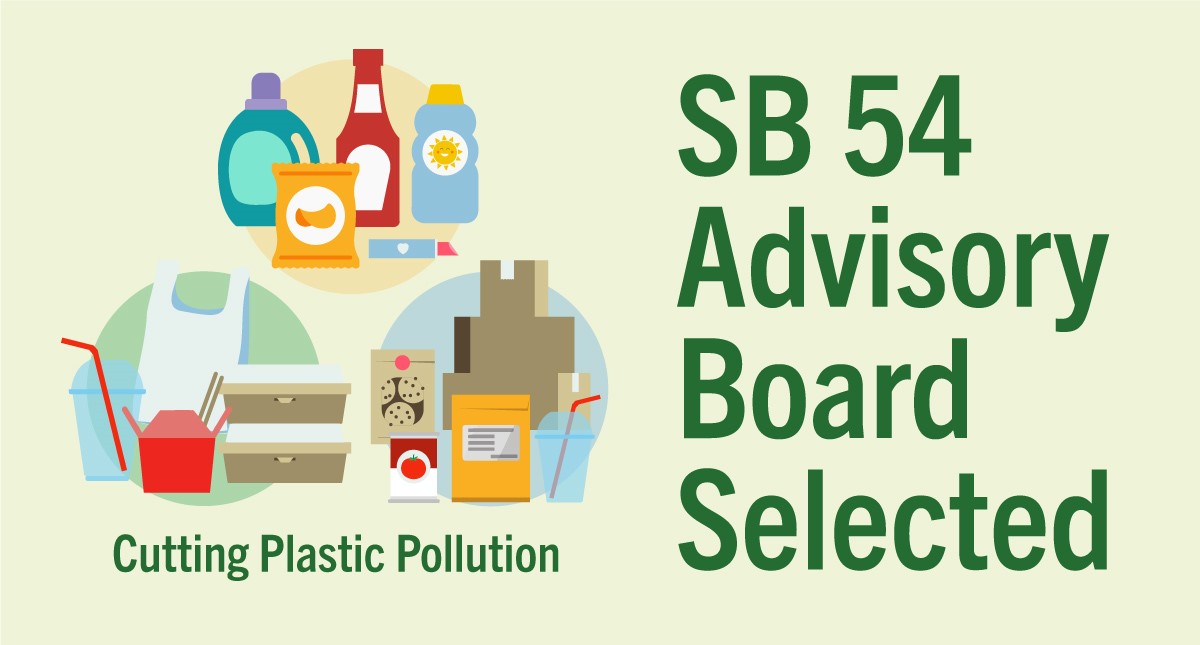Agency Update - Summer 2023
Agency Update - Summer 2023
Employee Spotlight

Jeannie Pham
Program Manager
Program Manager
Jeannie Pham joined StopWaste in 2011 as part of the Schools field trip program, left to work for a local organization, and returned to join the Community Engagement team as Program Services Specialist. She was most recently promoted to Program Manager. Jeannie graduated from UC Berkeley with a Bachelor of Arts in English Literature.
What do you do at StopWaste?
I first learned of StopWaste in my senior year of college as a participant in the Agency’s Master Composters Program. I majored in English Literature but was always interested in the environment and even taught a class called “The Joy of Garbage” focused on waste management. To me, talking about how to manage materials and waste is a form of community care because it's important to have clean communities. I officially joined the StopWaste team in 2011 teaching the field trip program and eventually managing it for a few years. After a three-year break working at a local non profit, I returned in 2018 and have remained ever since.
I first started on the Schools team educating youth, and I now work with adults. Over time, my role has broadened to support member agencies, community-based organizations, and other teams at the agency with procurement of compost. One of my goals is to make good-quality compost accessible to people. In addition to helping others learn how to make it, our team assists with procurement of good quality compost, education on how to participate in composting as a resident, business owner, or community member, and how to use compost. It all translates to different projects like the SWEET program, a peer-to-peer program we offer, and technical assistance we offer to urban farms, facilitating a network of urban farms to create a resilient, healthy network.
How has working at StopWaste impacted you?
Working here has influenced and impacted my way of thinking about environmental work. It has helped me understand the importance of approaching everything with an environmental justice lens. Through my role, I've been able to work directly with community groups who are most often frontline community members and hear directly from them how issues affect them. The lens of environmental justice informs how I do my work and there's no other way to do so.
Do you have a life motto that you live by?
Small is beautiful. Things don't necessarily have to be grand in order to work really well and efficiently. Also, when I think of the motto, I think of the beauty of having super local community groups and communities being in touch with each other. For me, it's not about being everywhere all at once, instead, I value meaningful connections like getting to know my neighbors on a small scale. Having small enclaves of really strong communities is just as powerful and can make differences, it doesn’t have to be massive.
What do you enjoy doing outside of work?
Outside of work, I love playing in the ocean whether it be surfing, boogie boarding, or even hiking out by the ocean. Those have been my favorite activities lately. I consistently spend time in or near the ocean, at least once a week. One of the cool things—and what I like about ocean activities— is that you have to be in tune with the environment and learn how to read the weather, surf reports, and tide reports. The best time to go is in the morning and that’s not only because that’s when there are the best waves, but it's quieter and there are fewer people—perfect for beginners like me.


